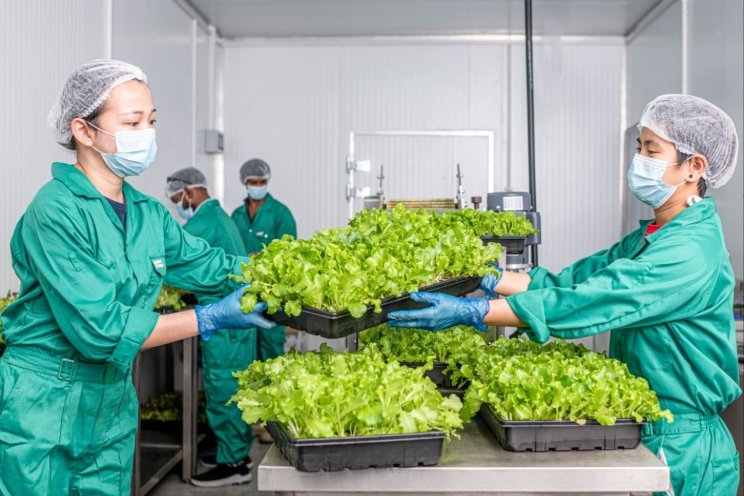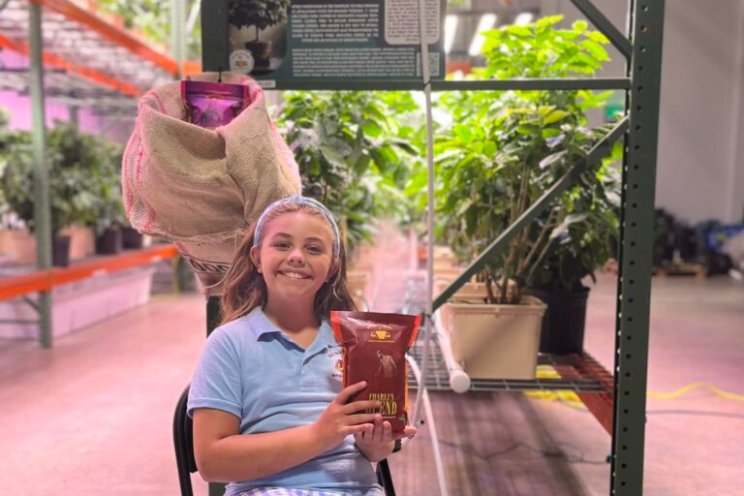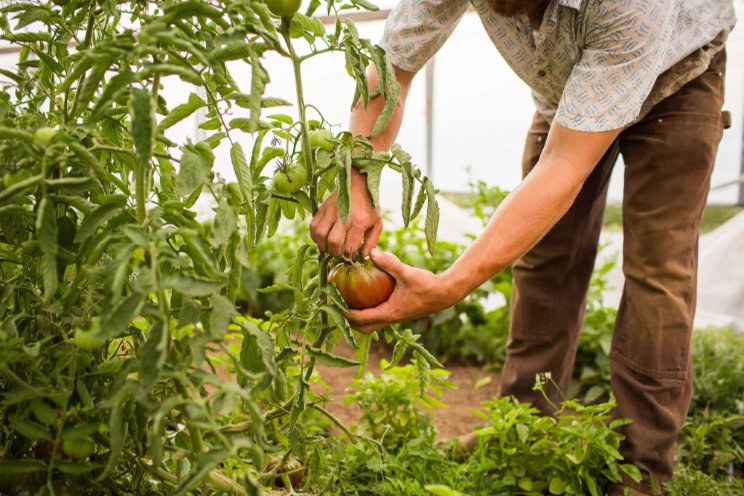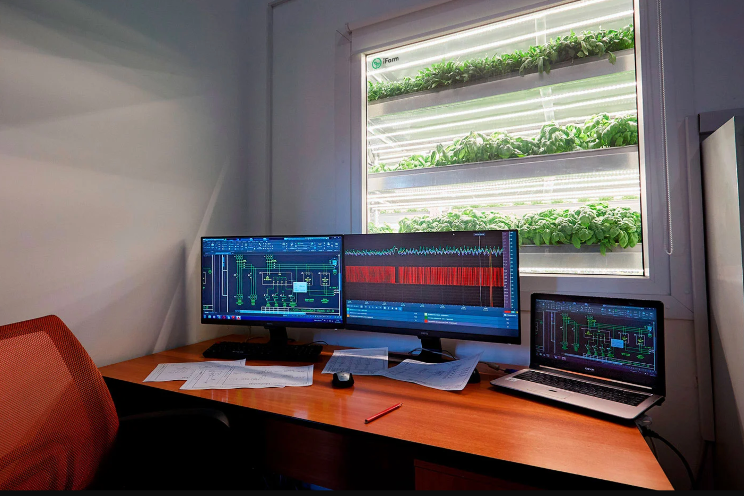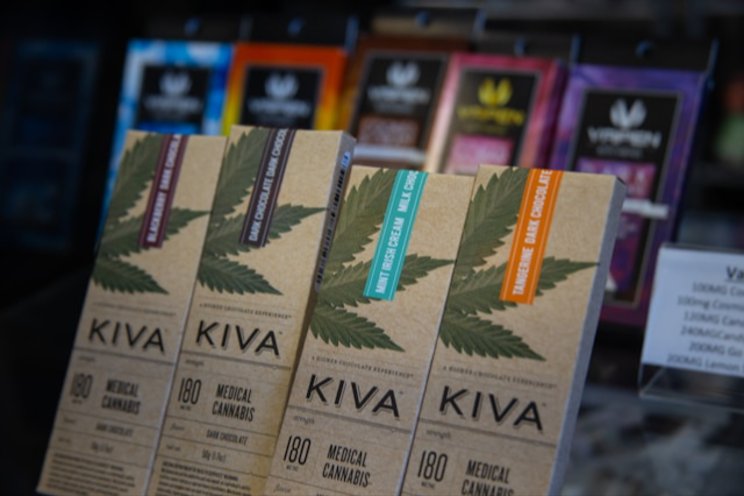Aiming to eliminate single-use plastics for cucumbers
Added on 15 August 2021

According to the release, this is U.S.-based Apeel's first Canadian supplier relationship, bringing the two companies together to reduce the environmental impact of cucumber packaging, while maintaining product shelf life and freshness.
"We're thrilled to team up with Apeel," said Westmoreland's VP of sales and marketing, Dino DI Laudo. "We want to do better for our earth, our retailers and all the families we help feed everyday. This partnership with Apeel allows us to check all three of those boxes. In the first year alone, Westmoreland is aiming to prevent the equivalent of eight million water bottles worth of single use plastic from entering North American landfills."
In the first year of this partnership, Westmoreland expects to curb 185,000 pounds of plastic - which is the equivalent of 200 million plastic straws, or enough shrink wrap to cover 485 football fields.
"We're excited to work with Westmoreland on their admirable journey to eliminate single-use plastic from their Long English Cucumbers," said Erich Klawuhn, VP of product at Apeel. "Inspired by nature, Apeel's plant-based protection maintains quality and freshness - no plastic needed."
Based in Ontario, Westmoreland's greenhouse-grown Long English Cucumber currently uses a plastic film to maintain the shelf life of each product but uses an estimated 90 tons of plastic to do so each year. Apeel has created a solution to that issue, using their "Food Gone Good" mantra to deliver high-quality fruit and vegetables while helping avoid the need for single-use plastics.
Westmoreland's cucumbers will be protected by a little extra "peel." Apeel's plant-based protection creates an edible barrier that can't be seen, felt, or tasted. This unique coating maintains shelf life by keeping moisture in and keeping oxygen out; two factors that lead to spoiled vegetables.
Source and Photo Courtesy of Greenhouse Canada
Source: Greenhouse Canada
More news

